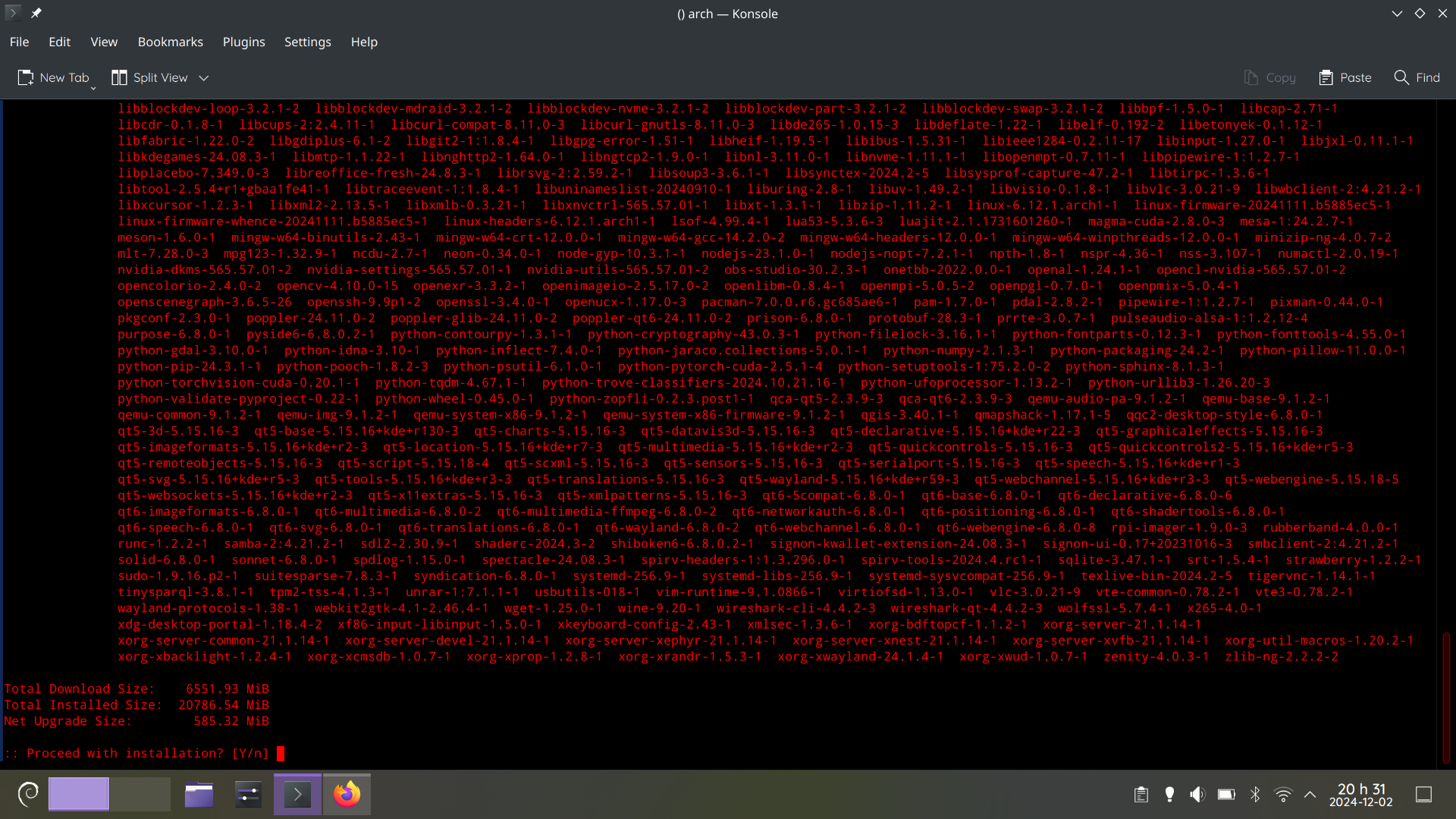this post was submitted on 03 Dec 2024
294 points (97.4% liked)
Linux
62471 readers
1847 users here now
From Wikipedia, the free encyclopedia
Linux is a family of open source Unix-like operating systems based on the Linux kernel, an operating system kernel first released on September 17, 1991 by Linus Torvalds. Linux is typically packaged in a Linux distribution (or distro for short).
Distributions include the Linux kernel and supporting system software and libraries, many of which are provided by the GNU Project. Many Linux distributions use the word "Linux" in their name, but the Free Software Foundation uses the name GNU/Linux to emphasize the importance of GNU software, causing some controversy.
Rules
- Posts must be relevant to operating systems running the Linux kernel. GNU/Linux or otherwise.
- No misinformation
- No NSFW content
- No hate speech, bigotry, etc
Related Communities
Community icon by Alpár-Etele Méder, licensed under CC BY 3.0
founded 6 years ago
MODERATORS
you are viewing a single comment's thread
view the rest of the comments
view the rest of the comments

Because you get updates and have an up to date system?
Because you get a update once a update for a package comes out, If you dont update for a very long time you need to download a very large update.
Sure, and that's exactly what you want if you are on a rolling release, isn't it? If you neglect the rolling release for a month, what did you expect would happen? Also if you have more apps and packages, the more updates will come out. Rolling releases are for people who maintain the system and care about the updates.
What if my pc breaks down or I cannot use it for a month or smth.
On servers and pcs I don't use often yeah its fair
Read the manual intervention notes from Arch that could be important. And do the update. That's normal and nothing to worrry about, if you know what you are doing.